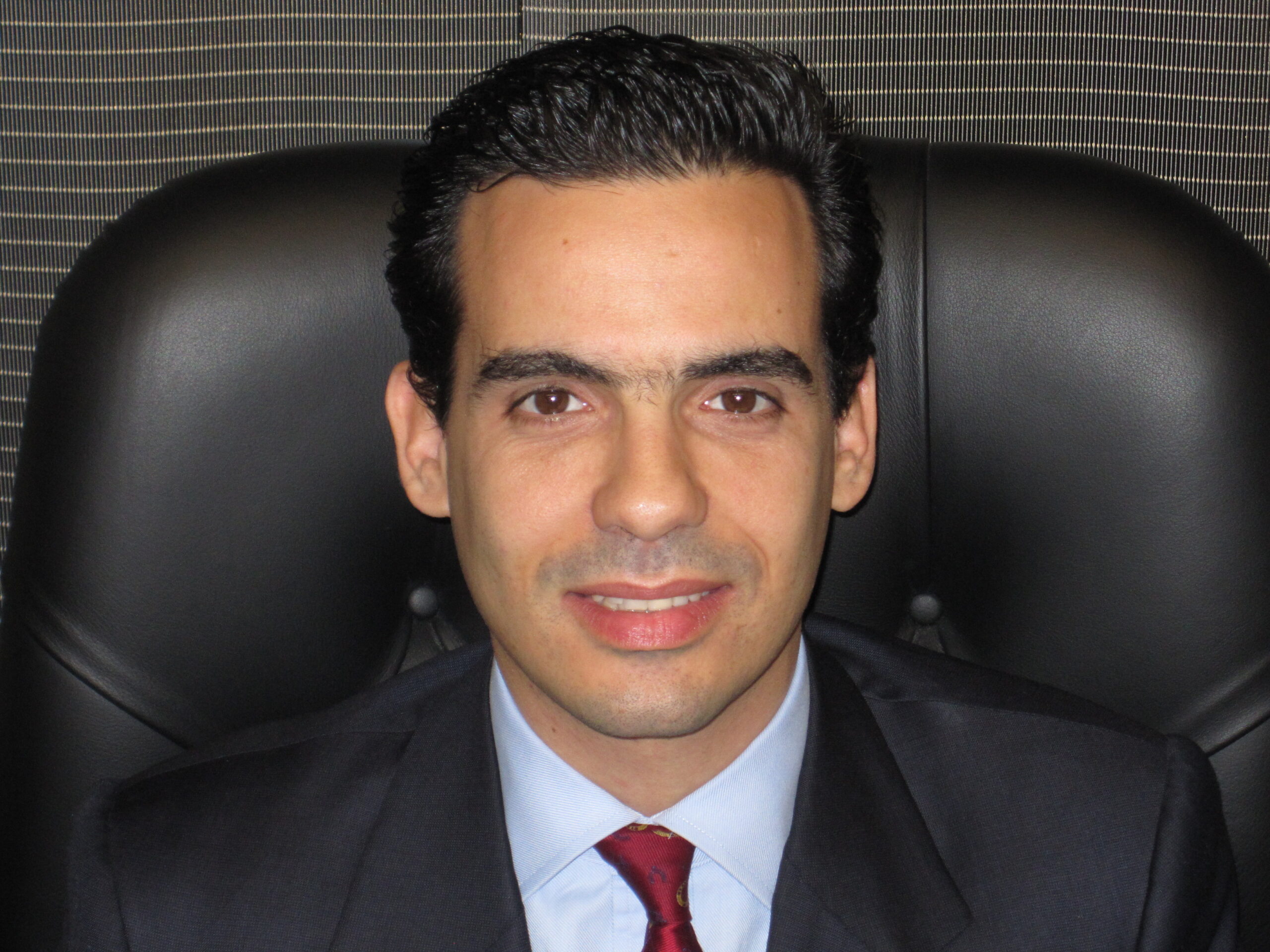The pandemic brought many changes and placed the entire world into an unprecedented situation. Supporting business continuity ashore and onboard became the number one priority for the sector, as in these difficult times, the flow of commerce by sea should not be unnecessarily disrupted. At the same time, industry had to ensure the safety and health of all seafarers, while IMO has made several calls for seafarers to be designated “key workers” in the current crisis.
This is why, in our special column we ask ship operators and ship managers to share their perspective over the topic and talk about the challenges they faced with respect to crew change.
Q: ‘What has been the biggest challenge with respect to crew changes during the COVID-19 outbreak?’’
Dimitris E. Patrikios, CEO, Kyklades Maritime Corporation
 The challenges we faced during the COVID19 outbreak split in, the period before, and the period after, the global lockdown. Before the global lockdown, we took proactive steps to protect our people on board and in consequently not create commercial repercussions to our customers.
The challenges we faced during the COVID19 outbreak split in, the period before, and the period after, the global lockdown. Before the global lockdown, we took proactive steps to protect our people on board and in consequently not create commercial repercussions to our customers.
We established a plan to extent the contracts, when that was possible, and introduced an additional bonus scheme. The bonus scheme covered both those staying onboard and those waiting, longer than scheduled, to embark.
An onboard COVID19 Safety Management Plan was put in effect beginning of February 2020, introducing strong measures of distancing during the periods at port.
After the sudden global lockdown, in March, the main challenge was for our people on board to stay safe and healthy. It was evident that any health problems, which would require shore hospitalization, would be difficult, if not impossible to handle.
We had first-hand experience with one of our Masters in Capetown. Our seafarer had chest pains and it was necessary to carry out shore checkup in Capetown. He was able to go ashore, and thankfully, he was found fit, however, this was the day South Africa imposed full lockdown.
This meant that he was not allowed to return onboard and the loaded vessel had to sail. In a global lockdown, it was impossible to effect any crew change. We are grateful that finally, after two weeks, using our shipping networking, we managed to find a permanent solution.
We fully support our colleagues at sea and ashore that have reached their limits, their wellbeing is our top priority.
The Global Community should consider seafarers as “Key Workers” and facilitate their free movement. Otherwise, the impact on safety will be dramatic due to fatigue and loss of focus, despite the efforts of the Management to ease the effects.
Dimitris Orfanos, General Manager/HSQE Manager, M Maritime
 On the practical side it has been the lockdowns in the countries of seafarer origin that have caused the biggest challenge because it has meant that even if the rest of the world allowed seafarers to travel without restrictions they couldn’t get back to their own country or home and their replacements could not leave their own country either to fly to the vessel.
On the practical side it has been the lockdowns in the countries of seafarer origin that have caused the biggest challenge because it has meant that even if the rest of the world allowed seafarers to travel without restrictions they couldn’t get back to their own country or home and their replacements could not leave their own country either to fly to the vessel.
At the same time, these lockdowns which were well known to seafarers already as they had been closely following the covid-19 situation in their own countries, was also a key factor in them accepting the suspension of crew changes as an inevitable result of events beyond the control of individual owners or managers.
Spyros Vlassopoulos, Managing Director, Ionic Shipping (Mgt) Inc
 Goal-posts continue to move on a daily basis as each country has its own version of measures in place to prevent the spread of Covid-19.
Goal-posts continue to move on a daily basis as each country has its own version of measures in place to prevent the spread of Covid-19.
One of the biggest hurdles at present is the lack of commercial flights to facilitate crew changes. Global travel restrictions and quarantine requirements are proving difficult to overcome.
Moreover, schedules of vessels are rarely known ahead of time making it difficult to determine their forthcoming ports to arrange the necessary crew changes in a timely manner.
As such, new solutions need to be created to cope with these problems in order we all come out of this crisis stronger and safer. We need to help overdue seafarers as soon as possible to eliminate the safety risks posed by the stress and fatigue which is continuing to build up.
Capt. Dionisios Siganakis, GM, Springfield Shipping Co. Panama SA
 The spread of the coronavirus has placed the entire world in an unprecedented situation.
The spread of the coronavirus has placed the entire world in an unprecedented situation.
In these difficult times, it is crucially important that the flow of commerce by sea should not be unnecessarily disrupted. At the same time, the safety of life at sea and protection of the marine environment must also remain paramount.
One of the goals, is to ensure availability of shipping services to the commerce of the world, for the benefit of humanity.
A practical and pragmatic approach by all parties is therefore required .
During these critical times, our actions and our behaviour matter more now than ever before. Our Industry and our seafarers are under immense pressure, and how we respond and ‘show up’ as leaders and responsible persons is critical to the safety and wellbeing of our mariners.
Restricted travel is also impacting our ability to undertake visits onboard. For us, this is a time to show care and in this connection we are investigating all available “remote”/”virtual” communication technics to increase our personal communications with our seafarers , letting them know that we are standing by and supportive to all of them. We are also closely cooperating with various regulatory bodies (IMO,ICS,WHO,GSCC,INTERTANKO) and exert our pressure for seafarers to have appropriate exemptions from national travel or movement restrictions through this situation, in order to facilitate their joining or leaving ships.
Basil Sakellis, Managing Director, Alassia NewShips Management, Inc
 We have not made any crew changes since the worldwide expansion of the pandemic. As a result, I think the biggest challenges lie ahead of us. The crew onboard are relatively safe given the measures we have taken, and we are doing all we can to keep morale high, but as a number of seafarers approach twelve months on board, fatigue will kick in irrespective of our collective efforts. Meanwhile, despite that, to the extent possible, we are providing cash advances to our seafarers ashore, we have a humanitarian issue on our hands, as a large number of them with no other source of income have been waiting for months on end to start their sea service.
We have not made any crew changes since the worldwide expansion of the pandemic. As a result, I think the biggest challenges lie ahead of us. The crew onboard are relatively safe given the measures we have taken, and we are doing all we can to keep morale high, but as a number of seafarers approach twelve months on board, fatigue will kick in irrespective of our collective efforts. Meanwhile, despite that, to the extent possible, we are providing cash advances to our seafarers ashore, we have a humanitarian issue on our hands, as a large number of them with no other source of income have been waiting for months on end to start their sea service.
Stamatis Bourboulis, General Manager, Euronav Ship Management (Hellas) Ltd
 The COVID-19 outbreak affected seamen in many different ways but most importantly by restricting their travel possibilities, so in effect cancelling the crew changes.
The COVID-19 outbreak affected seamen in many different ways but most importantly by restricting their travel possibilities, so in effect cancelling the crew changes.
For those staying on board this caused worries for their families health and anxiety for not only being isolated but also exposed to shore contacts when in port and for those staying ashore the change of their employment planning and the flow of income.
For the shipping companies the challenge was acting in various directions for making crew changes possible and also maintaining the crew moral reassuring that they are not “forgotten to their faith” and they are safe against COVID 19 when at the port. At the same time providing relief to those ashore.






























































